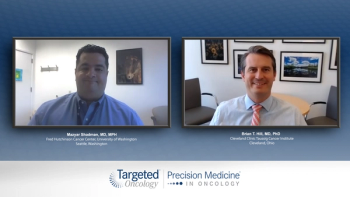
Targeting CD19 With CAR T in R/R DL B-Cell Lymphoma: Brian T. Hill, MD, PhD; Mazyar Shadman, MD, MPH
Doctors from University of Washington and Cleveland Clinic discussed targeting CD19 in CAR T-cell therapy for relapsed/refractory DLBCL.

Doctors from University of Washington and Cleveland Clinic discussed targeting CD19 in CAR T-cell therapy for relapsed/refractory DLBCL.
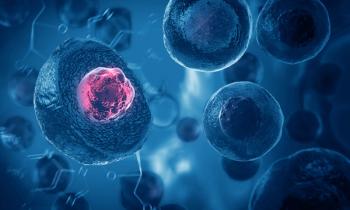
Liso-cel is at the forefront of clinical development for patients with chronic lymphocytic leukemia.
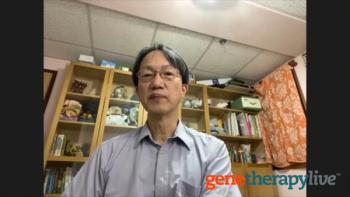
The professor from National Taiwan University Hospital discussed the mechanism of gene therapy in AADC deficiency.
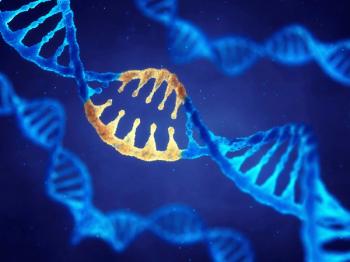
Dabocemagene autoficel has previously received orphan drug, rare pediatric disease, fast track, and regenerative medicine advanced therapy designations.

John Pollack, MD, discusses gene therapy advancements for retinal diseases.
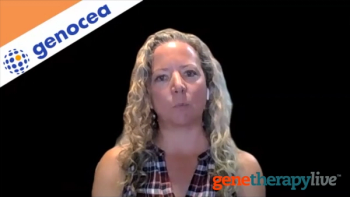
Jessica Baker Flechtner, PhD, chief scientific officer, Genocea, discussed the company’s focus on solid tumors and manufacturing cell therapies.

Homology is also developing a gene therapy, HMI-102, being evaluated in the phase 1/2 pheNIX trial.
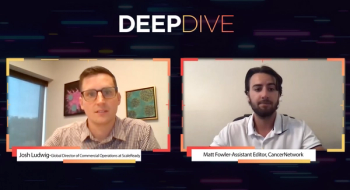
Josh Ludwig, global director, commercial operations, ScaleReady, discussed making cell and gene therapy widely practical and viable for patients with cancer.
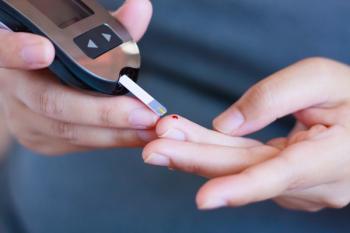
VM202 was found to be particularly effective in treating neuroischemic ulcers.
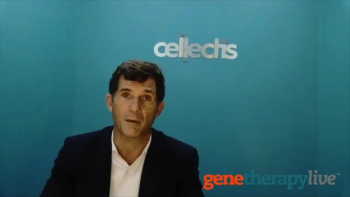
André Choulika, PhD, chief executive officer and cofounder, Cellectis, discussed the company’s partnerships and science.

bluebird bio is also planning to withdraw the marketing authorization for their β-thalassemia therapy, beti-cel, from the EU and UK.
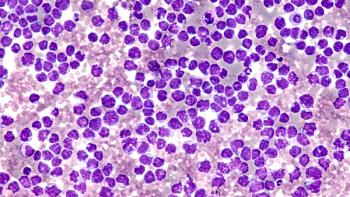
Michael Wang, MD, discussed the evolution of treatment in the MCL space specifically with the emergence of chimeric antigen receptor T cells.
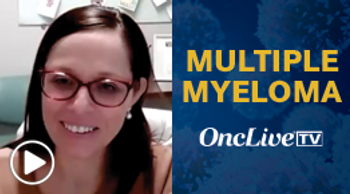
The hematologist from Moffitt Cancer Center discussed the promise of ALLO-715 in relapsed/refractory multiple myeloma.
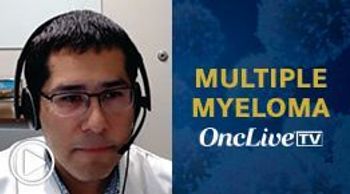
The hematologist and medical oncologist discussed next steps with CAR T-cell therapy in penta-refractory multiple myeloma.

The phase 1/2 SUNRISE trial is now enrolling patients as young as 6 months old with methylmalonic acidemia after positive review under a DSMB.
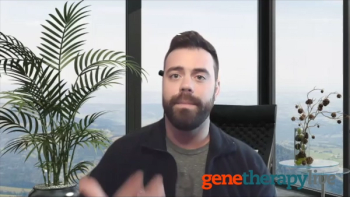
Jake Becraft, PhD, chief executive officer and cofounder, Strand Therapeutics, discussed the company’s future research and plans.
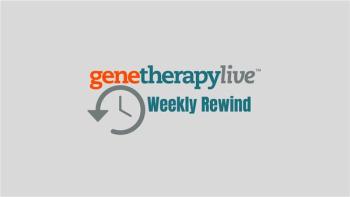
Review top news and interview highlights from the week ending October 22, 2021.
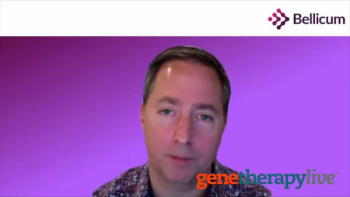
Rick Fair, president and chief executive officer, Bellicum Pharmaceuticals, discussed the company’s GoCAR, iMC, and caspaCIDe technologies.
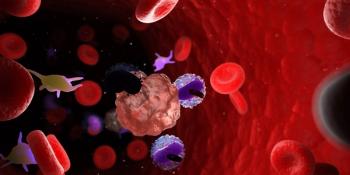
The phase 1 study met its primary endpoints, with 97% of the CAR T-cell therapies reaching the protocol-specified dose and no dose-limiting toxicities during dose escalation.
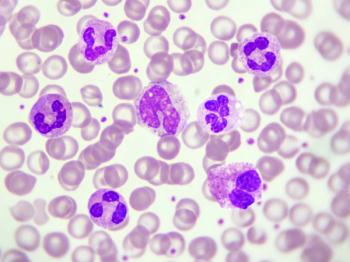
Rocket Pharmaceuticals announced positive data on RP-L201 in leukocyte adhesion deficiency-I, as well as RP-A501 for Danon disease.

The professor from National Taiwan University Hospital discussed 3 studies of PTC-AADC for AADC deficiency.
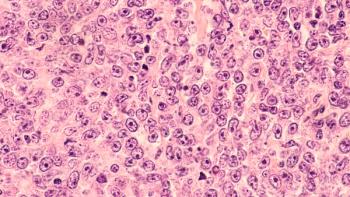
Experts discussed challenges with treating relapsed or refractory diffuse large B-cell lymphoma.
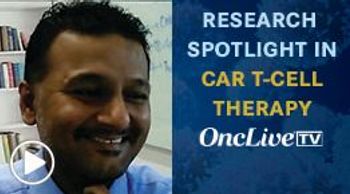
The assistant professor of medicine from Medical College of Wisconsin discussed the potential impact of CAR T-cell therapy on the efficacy of COVID-19 vaccinations.
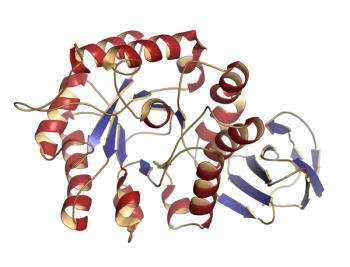
AVROBIO shared interim safety data from ongoing phase 1 and 2 trials.
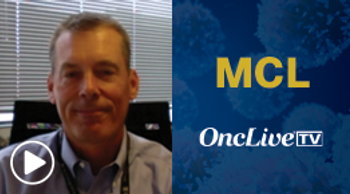
The professor of medicine at Washington University School of Medicine in St. Louis discussed the potential utility of frontline CAR T-cell therapy in mantle cell lymphoma.

Tofersen failed to meet its primary end point in change from baseline in ALSFRS-R but differences in total cerebrospinal fluid SOD1 protein and neurofilament light chain were observed.
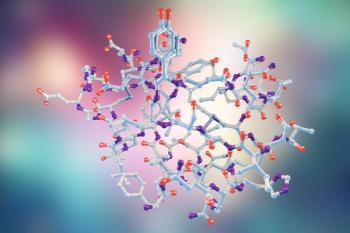
The patient’s daily insulin requirement went from 34 units a day at baseline to 2.9 units a day 90 days after treatment.
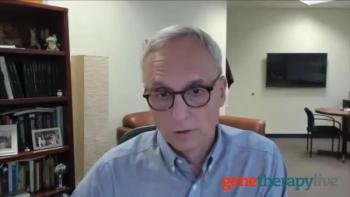
The director of the Powell Gene Therapy Center at the University of Florida discussed improving access to gene therapies for patients with rare diseases worldwide.

More than 70% to 80% of homozygous knockout of a given gene can be achieved by electroporating CLL cells with ribonucleoprotein complexes that harbor recombinant Cas9 nuclease and synthetic guides.
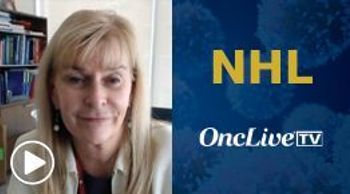
The chief of oncology and hematology at University of Nebraska Medical Center discussed the use of CAR T-cell therapy in non-Hodgkin lymphoma.